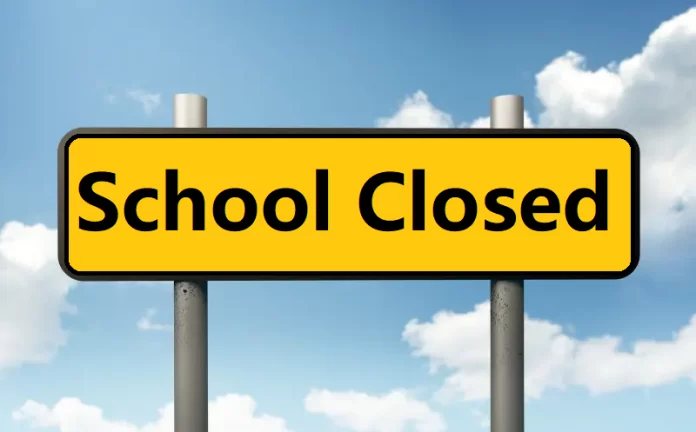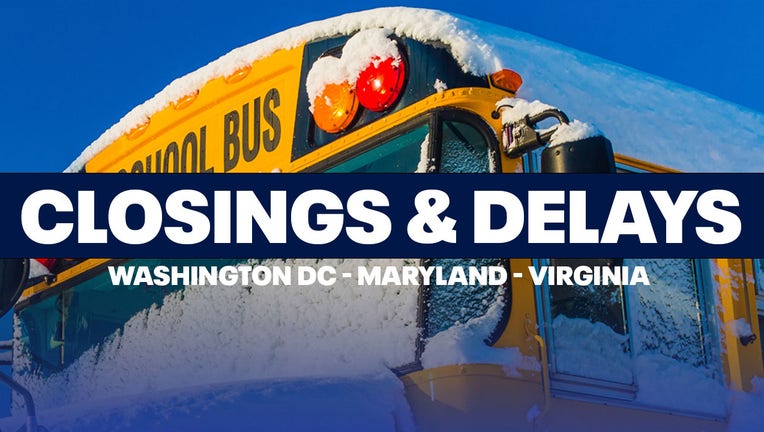Understanding DC School Closings: A Comprehensive Guide For Parents And Students - Collaborating with local organizations to provide wraparound services, such as childcare and meal programs, supports families during closures. Identify alternative childcare options, such as family members, neighbors, or local programs, to ensure your child is supervised during unexpected closures.
Collaborating with local organizations to provide wraparound services, such as childcare and meal programs, supports families during closures.
DC school closings occur for various reasons, ranging from natural disasters to administrative decisions. Below are some of the most common causes:
The effects of DC school closings extend beyond the classroom, impacting students' academic progress, social development, and mental well-being. Let's explore these impacts in detail:
Frequent disruptions highlight the need for improved infrastructure, technology, and contingency planning within the education system.
Uncertainty and stress caused by frequent closings can contribute to anxiety and depression among students. Providing adequate support during these periods is crucial for maintaining mental well-being.

Efforts to upgrade school facilities aim to reduce closures caused by structural issues.

Subscribing to text or email alerts from these sources ensures you receive updates directly to your device.
DC school closings have become a critical issue affecting thousands of families across the District of Columbia. Whether due to emergencies, weather conditions, or systemic challenges, these closures impact educational continuity and family planning. As a parent, guardian, or student, understanding the reasons behind these closings and how to stay informed is essential for navigating this complex situation.
The District of Columbia's education system is vast and dynamic, with numerous public, charter, and private schools catering to diverse student populations. However, when DC school closings occur, it disrupts the learning process and forces families to adapt quickly. This guide aims to provide clarity and actionable insights to help you prepare for such scenarios.
Establish a structured schedule at home to mimic the school environment and promote consistency.
Many organizations offer free or reduced-cost meals and educational support during closures. Contact local nonprofits or religious groups for assistance.
The District of Columbia continues to refine its policies regarding DC school closings. Recent updates include: